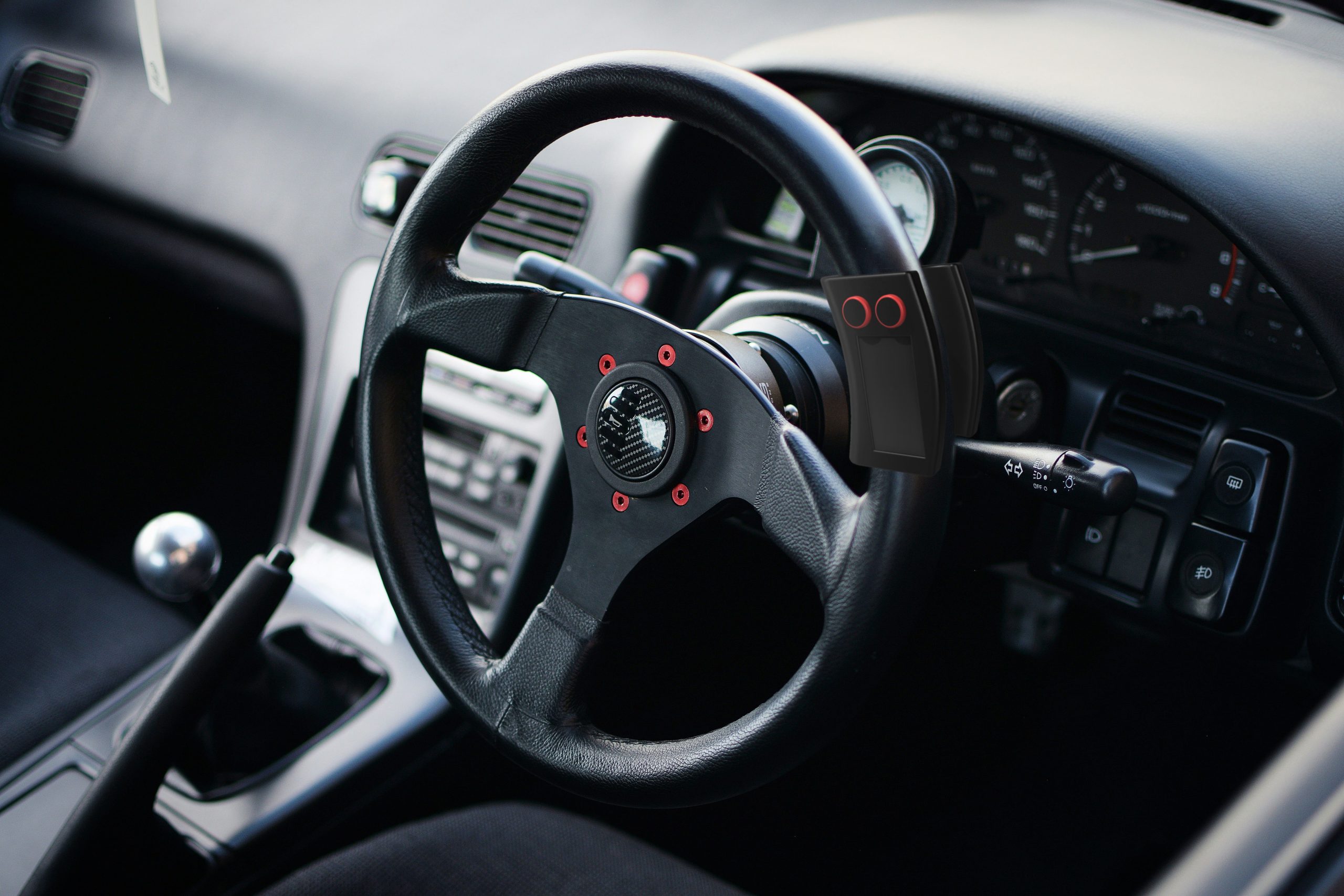Driving is more than transportation; it is freedom and independence, especially for the mobility-impaired. For people with lower limb injuries, normal car controls are inaccessible, requiring costly, invasive modifications. In recognition of this demand, Medipedal developed a Portable System for Manual Control of Car Pedals (PMCP) that prioritizes the user’s independence, safety, and convenience. This innovative device enables people to drive their car’s pedals manually without damaging the vehicle or making permanent adjustments. Prioritizing easy installation, safety features, and portability, Medipedal’s system is designed to provide drivers with disabilities confidence behind the wheel once again. This blog explores how Medipedal transforms adaptive driving with its easy-to-use, groundbreaking technology that is backed by breakthroughs in science and engineering.
Addressing Gaps in Adaptive Driving Technologies
Many existing solutions for disabled drivers are permanent, costly, and often complex to install, making them less accessible for many users (Tomita et al., 2020). Difficulties in retrofitting vehicles limit mobility options, especially when portability and affordability are critical factors. The need for portable, non-invasive solutions is evident in the literature, emphasizing the importance of systems that can be quickly installed or removed without vehicle damage (Zhang et al., 2019). Medipedal fulfills this need with its compact, portable design—a system that fits easily into different vehicle types, providing independent operation for users. This approach aligns with ongoing research aimed at democratizing adaptive mobility, reducing barriers, and promoting accessible driving options for all, regardless of disability severity. Medipedal exemplifies how innovative engineering can make mobility both practical and attainable.
Technical Components and How They Work
The heart of Medipedal is its advanced sensors, smart microcontrollers, and electromechanical servo motors that act in cooperation that controls pedal motion safely and smoothly. The high-precision feedback sensors pick up pedal position and velocity and provide real-time feedback to microcontrollers. Microcontrollers calculate data and provide feedback through servo motors that control pedal motion on the basis of users’ inputs. This closed-loop setup gives minimal error and fluid pedal control, emulating natural driving patterns. Moreover, the item also features encryption technology to ensure user data is secured and that theft is protected against. Having child safety lock and biometric fingerprint sensors installed adds additional protection and user command. Its modularity permits to be easily altered to make it functional in many cars or its components improved at some later date, or that guarantees durability and adaptability—just those traits defining well-made assistive driving technologies following science and engineering approaches (Lee et al., 2022).
Enhancing Safety with Medipedal Technology
Safety is paramount when designing systems for drivers with disabilities. Medipedal incorporates multiple safety features, such as feedback sensors that monitor pedal operations continuously, ensuring consistent and accurate responses. The encryption and biometric fingerprint authentication prevent unauthorized use, safeguarding user access. The child safety lock adds another layer of security, preventing accidental or unauthorized activation. Scientific studies on assistive devices emphasize the importance of feedback control in reducing error rates and increasing reliability (Liu et al., 2019). Medipedal’s modular design enhances safety by allowing easy replacement or upgrades of critical components without extensive vehicle modifications. These safeguards not only protect the driver but also provide peace of mind for their families and caregivers. Incorporating such state-of-the-art safety features ensures that adaptive driving devices are trustworthy and secure, encouraging broader adoption and independence.
The Future of Portable Assistive Driving Devices
Medipedal is future-proofed. Its microcontroller design allows it to be integrated with other automotive controls, including even control over steering, gear shift, or interaction with autonomous drive systems—a new frontier of mobility aid (Yamada et al., 2023). There also exists research for utilizing biometric security and AI for additional personalization and user experience enhancement. Technological advancements in sensors, battery life, and machine learning will improve responsiveness, safety, and ease of use. Secondly, Medipedal’s modularity facilitates updates and customization, making it possible for it to be updated to meet evolving technological standards and user needs. By aligning the latest scientific advancements and practical engineering, Medipedal hopes to lead the next wave of accessible mobility solutions—uniting portability with solid technological incorporation.
Practical User Considerations and Real-World Use
Designing an assistive product is not complete without addressing usability in everyday life. Medipedal is centered on simple installation—no professional help or specialized tools required—accessible to a large population of users. Its compact, portable design allows for easy transfer between cars, ideal for users with multiple vehicles or who need temporary mobility aid. The intuitive and secure controls, including biometric access and child locks, enhance user confidence. Practical experiences by early adopters highlight that Medipedal reduces the physical and mental effort to operate vehicle pedals, especially for those with less mobility of limbs (Chang et al., 2024). Durability and maintenance are also considered, with replaceable modular parts ensuring consistent performance over a span of time. This focus on utility ensures that the device becomes organically part of daily routine, enabling users to regain independence with the minimum of disruption, without suppressing social interaction and personal autonomy.
Conclusion
Medipedal’s portable pedal control system is a pioneering solution in the arena of assistive mobility technology. Its thoughtful design, combining high-tech sensors, secure access methods, and portability, directly addresses the unmet needs of drivers with lower limb disabilities. This innovation fosters independence, safety, and affordability by eliminating the need for permanent vehicle modifications, making adaptive driving more accessible. The emphasis on security features like encryption and biometric authentication underscores the importance of trust in assistive devices, while its modular architecture prepares it for future enhancements—potentially integrating with autonomous vehicle systems. As scientific and technological advances continue, Medipedal stands poised to significantly improve quality of life, enabling individuals with mobility impairments to participate fully in daily activities. It is a prime example of how targeted innovation in mobility technology can dismantle barriers, promote inclusion, and restore the joy of driving. The ongoing evolution of such systems will continue to empower individuals, transforming lives through smarter, safer, and more accessible solutions.


